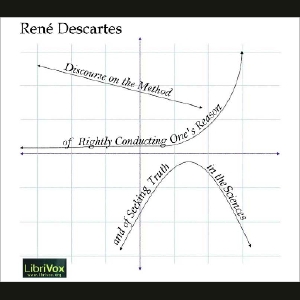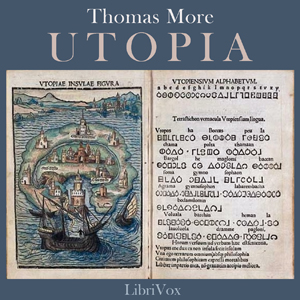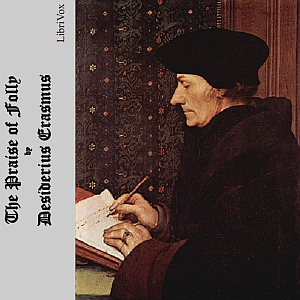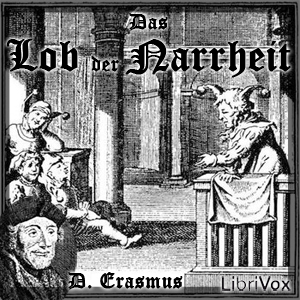- The Author's Introduction. The Twenty-Six Propositions employed by the Philosophers to prove the Existence of God
- I. Philosophical proofs for the Existence, Incorporeality, and Unity of the First Cause
- II. On the Existence of Intelligences or purely Spiritual Beings
- Ill. The Author adopts the Theory of Aristotle as least open to Objections
- IV. The Spheres and the Causes of their Motion
- V. Agreement of the Aristotelian Theory with the Teaching of Scripture
- VI. What is meant by the Scriptural Term "Angels"
- VII. The Homonymity of the term "Angel"
- VIII. On the Music of the Spheres
- IX. On the Number of the Heavenly Spheres
- X. The Influence of the Spheres upon the Earth manifests itself in four different ways
- XI. The Theory of Eccentricity Preferable to that of Epicycles
- XII. On the Nature of the Divine Influence and that of the Spheres
- XIII. Three Different Theories about the Beginning of the Universe
- XIV. Seven Methods by which the Philosophers sought to prove the Eternity of the Universe
- XV. Aristotle does not scientifically demonstrate his Theory
- XVI. The Author refutes all Objections to Creatio ex nihilo
- XVII. The Laws of Nature apply to Things Created, but do not regulate the Creative Act which produces them
- XVIII. Examinations of the Proofs of Philosophers for the Eternity of the Universe
- XIX. Design in Nature
- XX. The Opinion of Aristotle as regards Design in Nature
- XXI. Explanation of the Aristotelian Theory that the Universe is the necessary Result of the First Cause
- XXII. Objections to the Theory of the Eternity of the Universe
- XXIII. The Theory of Creatio ex nihilo is preferable to that of the Eternity of the Universe
- XXIV. Difficulty of Comprehending the Nature and the Motion of the Spheres according to the Theory of Aristotle
- XXV. The Theory of Creation is adopted because of its own Superiority, the Proofs based on Scripture being Inconclusive
- XXVI. Examination of a passage from Pirke di-Rabbi Eliezer in reference to Creation
- XXVII. The Theory of a Future Destruction of the Universe is not part of the Religious Belief taught in the Bible
- XXVIII. Scriptural Teaching is in favour of the Indestructibility of the Universe
- XXIX. Explanation of Scriptural Phrases implying the Destruction of Heaven and Earth
- XXX. Philosophical Interpretation of Genesis i.-iv.
- XXXI. The Institution of the Sabbath serves (1) to Teach the Theory of Creation, and (2) to promote Man's Welfare
- XXXII. Three Theories concerning Prophecy
- XXXIII. The Difference between Moses and the other Israelites as regards the Revelation on Mount Sinai
- XXXIV. Explanation of Exodus xxiii. 20
- XXXV. The Difference between Moses and the other Prophets as regards the Miracles wrought by them
- XXXVI. On the Mental, Physical and Moral Faculties of the Prophets
- XXXVII. On the Divine Influence upon Man's Imaginative and Mental Faculties through the Active Intellect
- XXXVIII. Courage and Intuition reach the highest degree of Perfection in Prophets
- XXXIX. Moses was the fittest Prophet to Receive and Promulgate the Immutable Law, which succeeding Prophets merely Taught and Expounded
- XL. The Test of True Prophecy
- XLI. What is Meant by "Vision"
- XLII. Prophets Received Direct Communication only in Dreams or Visions
- XLIII. On the Allegories of the Prophets
- XLIV. On the Different Modes in which Prophets Receive Divine Messages
- XLV. The Various Classes of Prophets
- XLVI. The Allegorical Acts of Prophets formed Parts of Prophetic Visions
- XLVII. On the Figurative Style of the Prophetic Writings
- XLVIII. Scripture ascribes Phenomena directly produced by Natural Causes to God as the First Cause of all things
In the Guide of the Perplexed Maimonides (Moses ben Maimon) achieved an original and highly influential synthesis of religious and secular learning, drawing on Rabbinical teachings, the Aristotelian and neo-Platonic doctrines then current in the Islamic world, as well as his own scriptural exegeses and philosophical arguments. According to Encyclopaedia Judaica, "almost every philosophic work for the remainder of the Middle Ages cited, commented on, or criticized Maimonides' views." - Summary by Kazbek
There are no reviews for this eBook.
There are no comments for this eBook.
You must log in to post a comment.
Log in











